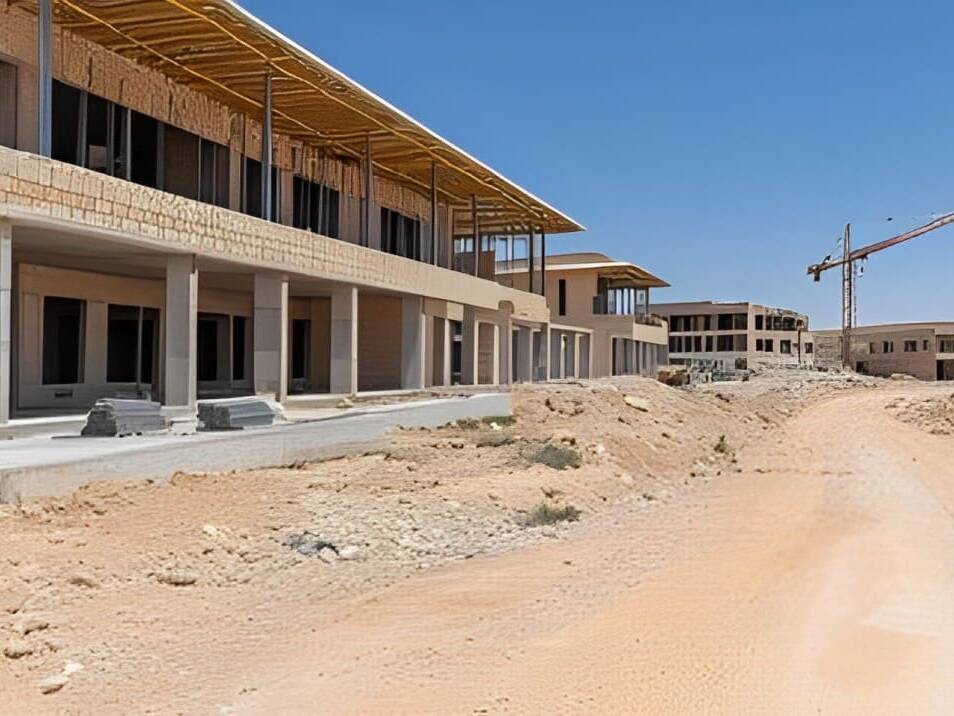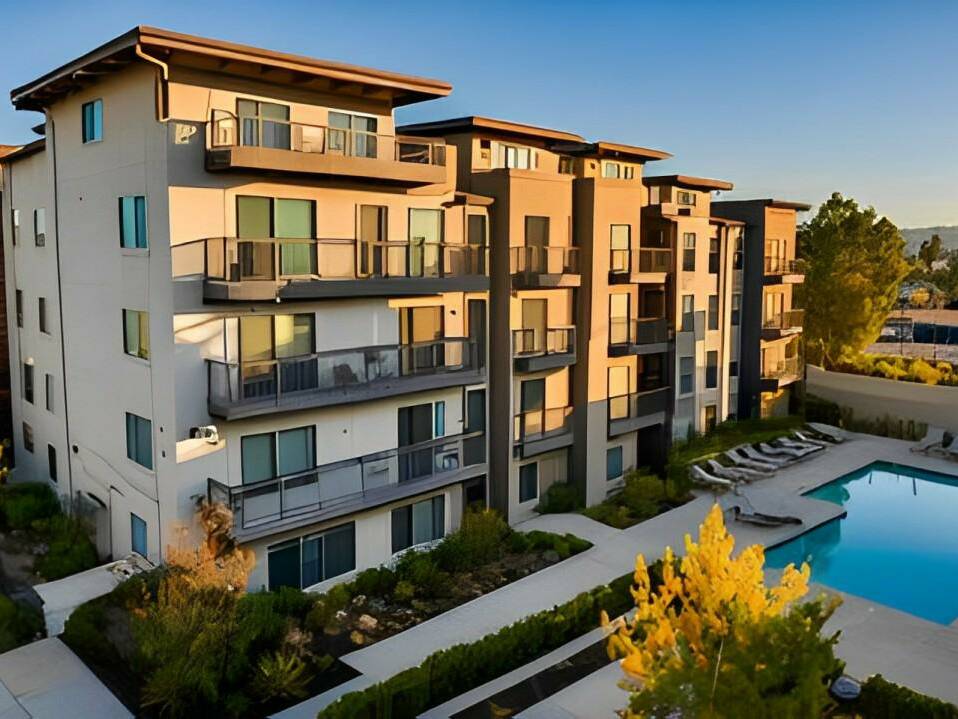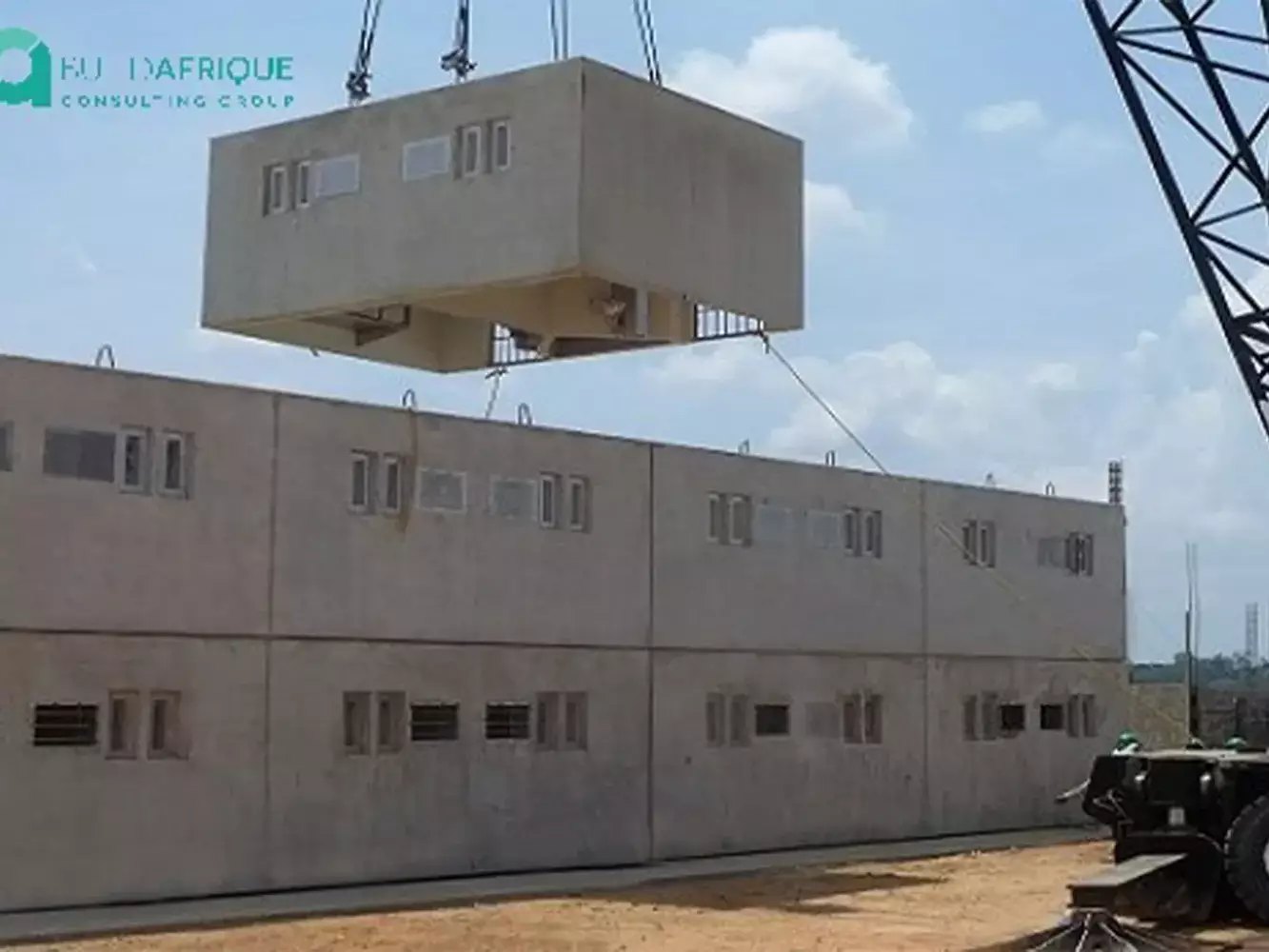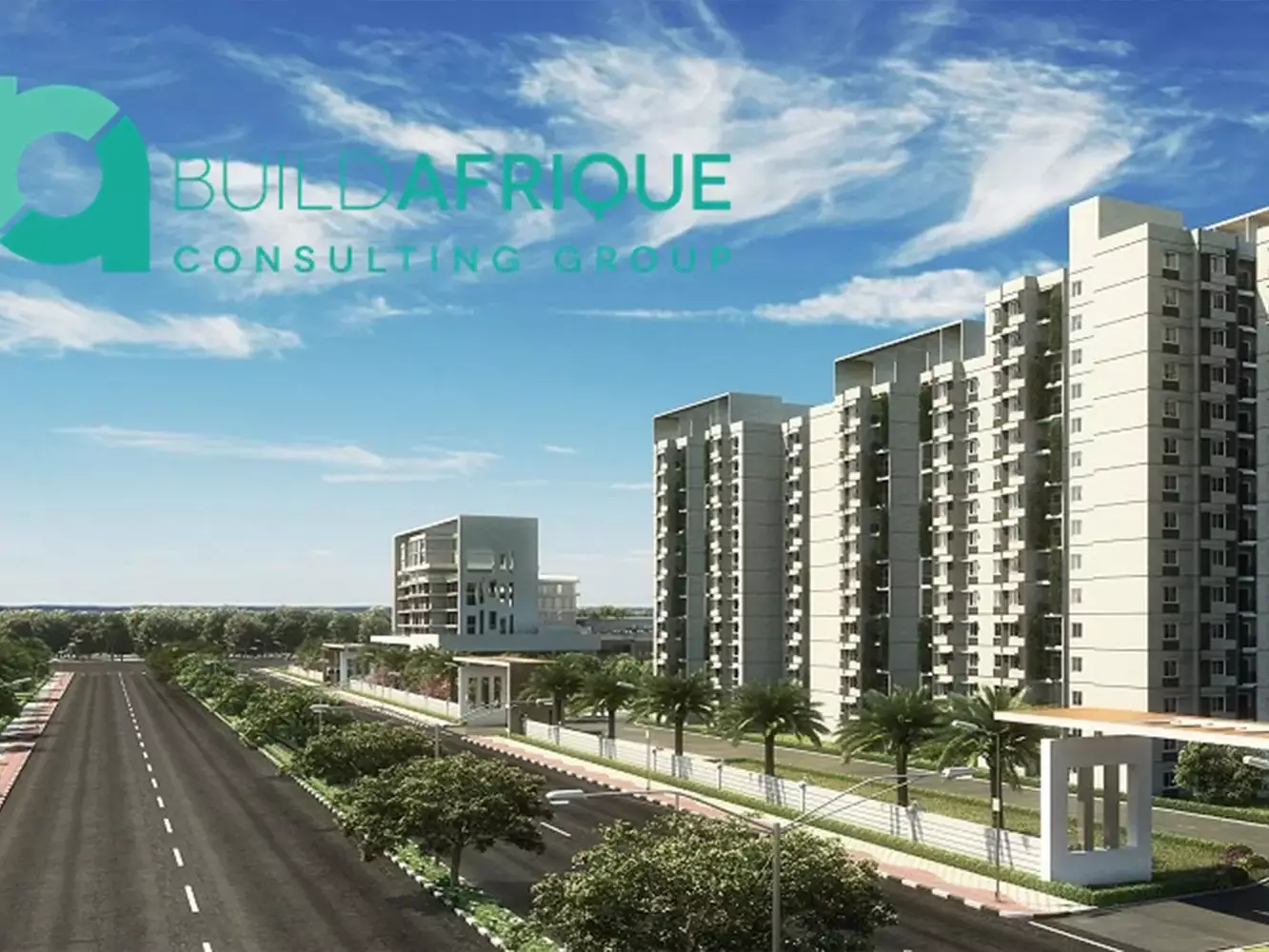Insights
Insight into Social Responsibility for Kenya Real Estate Investments
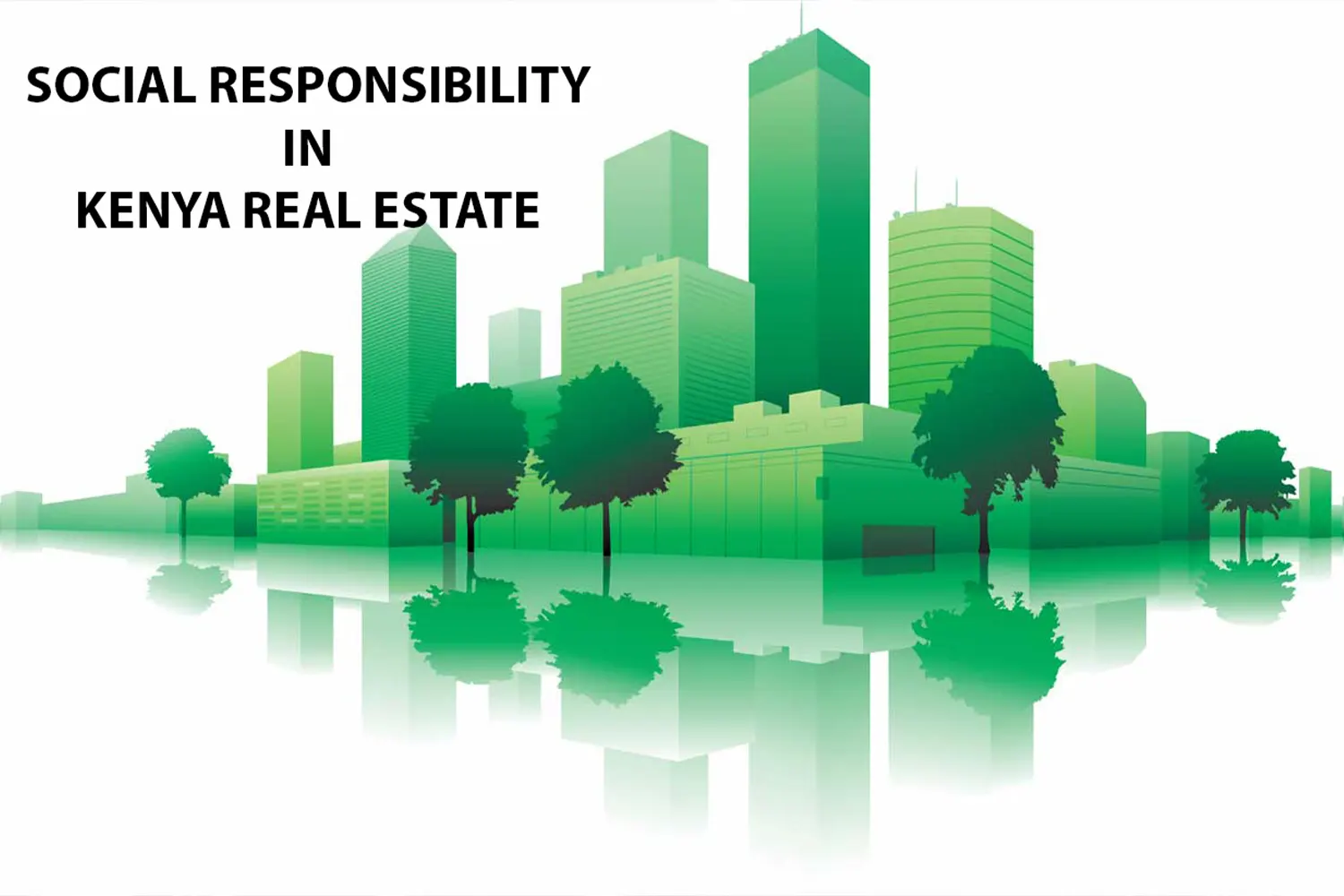
Social responsibility in Kenya real estate can be defined as an ethical framework suggesting that an entity, be it an organization or individual, has an obligation to act for the benefit of society at large. Social responsibility is the idea that businesses should balance profit-making activities with activities that benefit society; it involves developing businesses with a positive relationship to the society in which they operate. It is a duty every individual has to perform so as to maintain a balance between the economy and the ecosystems.
For a business entity in real estate, to reach mutually beneficial goals, investors should align their real estate plans with broader community goals and by partnering with residents, city officials and other stakeholders and ensuring community participation in the planning, decision-making and development process. Partnering with local community development corporations is away to build trust and address broader community development needs. This can be done by building new commercial spaces that attract local businesses or community centres that provide services and create jobs for residents and address needs. Thoughtful decision making regarding real estate acquisition and development creates healthy places, stimulates economic revitalization and supports the Kenyan housing market.
A crucial part of real estate development is doing Environmental Impact Assessment (EIA). This is a process of evaluating the likely environmental impacts of a proposed development project, taking into account inter-related socio-economic, cultural and human-health impacts, both beneficial and adverse. By using EIA both environmental and economic benefits can be achieved, such as reduced cost and time of project implementation and design, avoided clean-up costs and impacts of laws and regulations. Developers in Kenya currently need approvals from Water Resources Management Authority (WARMA) and National Environmental Management Authority (NEMA) for impact assessment and environmental audit.
Green building ,also known as sustainable building refers to both a structure and the using of processes that are environmentally responsible and resource-efficient throughout a building’s life-cycle: from siting to design, construction, operation, maintenance, renovation, and demolition. Green building design involves finding the balance between homebuilding and the sustainable environment. This requires close cooperation of the design team, the architects, the engineers, and the client at all project stages. In the last couple of years, the construction industry in Kenya has moved from using the traditional brick-and-mortar method of construction and adopted more environmentally friendly and energy saving buildings. An example is the Catholic University of Eastern Africa’s Learning Resource Centre (LRC), which is considered a hyper-efficient and cutting-edge sustainable building. In 2012, the LRC won a Green Building Award which recognises buildings that meet the environmental design criteria.
With a fast growing population, Kenya has had acute shortage of housing facilities especially for the middle to low income populations. In an effort to deal with this shortage, and provide affordable housing for low income earners, Kenya is embracing prefabricated housing construction. Prefabricated houses are developed in the factory and assembled on site. They consist of wall panels made of concrete and polystyrene, steel or wood panels. This methodology is likely to deliver more cost effective development and housing projects, to steer economic and social responsibility.
The National Housing Cooperation in liaison with the government recently constructed a factory to produce standard prefabricated units in an effort to make the new technology widespread. Government-sponsored redevelopment strategies incentivize private investors to put their money into public projects in an effort to reduce the housing shortage.
Writer of the Article:
This Article is written by Buildafrique Consulting Group, Kenya multi-disciplinary consultancy, that offers END-TO-END DEVELOPMENT CONSULTANCY, REAL ESTATE, and PROJECT FINANCE solutions through specialized subsidiaries. Among our solutions includes:
- Feasibility Studies and Market Research.
- Project Finance and Capital Raising.
- Joint Venture & Finance Structuring.
- Project Management.
- Investment Design Appraisal.
- Quantity Surveying
- Construction Cost Consultancy
- Physical Planning and Planning Permissions
- Environmental Management and Impact Assessment
- Real Estate Development and Structured Investment Solutions
- Property Valuation
- Marketing and Property Sales Agency
- Property Management and Facility Management
Our Report:
- Office: Navigators, Kindaruma Road, Nairobi.
- Website: buildafrique.com
- Email: [email protected]
- Tel: +254 20 8058493 / Mobile: +254 722 474285
Related
Insights
Affordable Housing Project Finance Company And Consultant In Kenya
Buildafrique is an Affordable Housing Project Finance Company in Nairobi Kenya and Real…
Quantity Surveyors (QS) Firm and Project Cost Consultant Company in Kenya.
Buildafrique is a Quantity Surveyors (QS) firm company in Kenya, located in Nairobi and…



